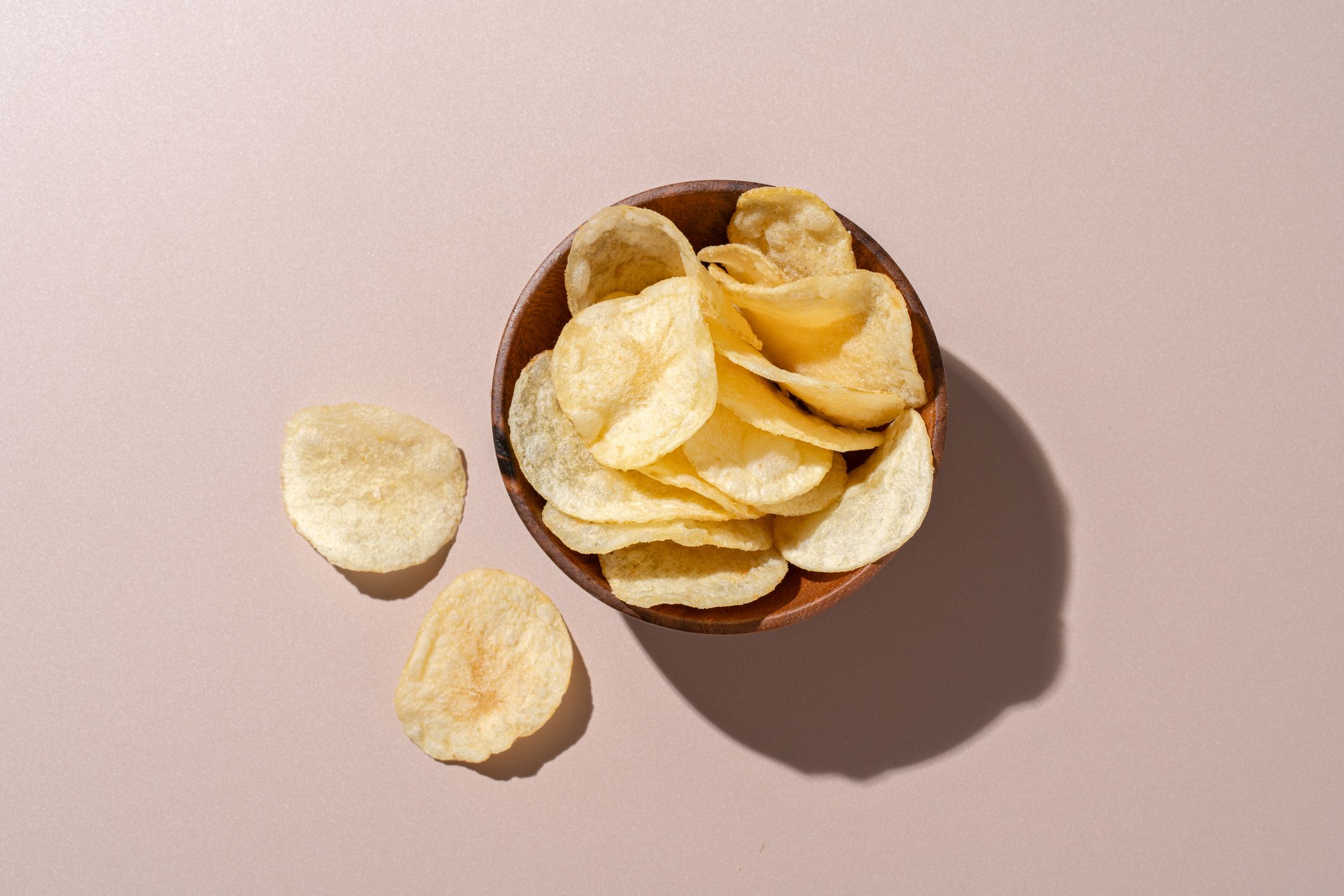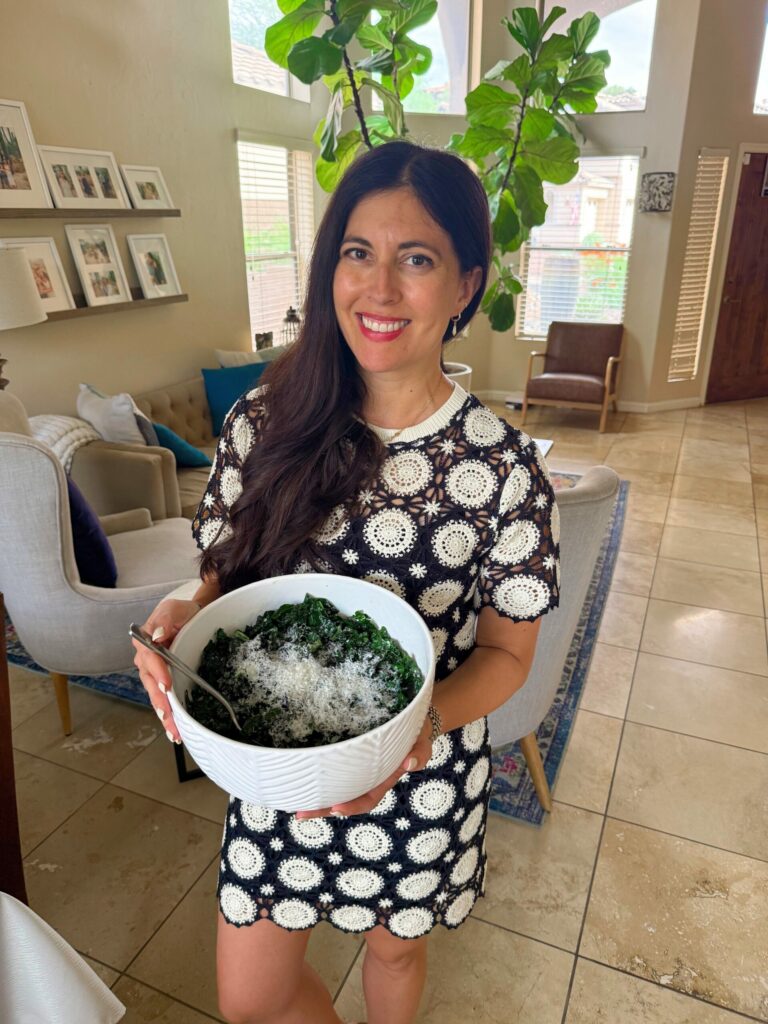Could Your Favourite Snack Secretly Be Cutting Years Off Your Life? The Shocking Truth About Ultra-Processed Foods Revealed!
- A new scientific abstract suggests that eating lots of ultra-processed foods can increase risk of death up to 10 percent.
- The data is based on more than 540,000 American adults who tracked their diets for nearly 30 years.
- Here’s what experts want you to know about UPFs and their impact on your health.
Whether you’re grabbing a quick deli meat sandwich from the grocery store or sipping on a soda for an afternoon pick-me-up, there’s a solid chance you’ll encounter several ultra-processed foods (UPFs) as you go about your day. But while UPFs are certainly delicious and convenient, research consistently suggests that consuming a lot of these foods in your diet isn’t great for your health.
In fact, a 2024 scientific abstract presented at a nutrition conference hammers that finding home. The findings suggest that having a diet that’s heavy in UPFs could actually shorten your lifespan. These foods make up about 70 percent of our food supply, making it very tricky to avoid them entirely. But the study’s findings definitely provide a little extra motivation if you’re looking to cut back and find. Here’s everything to know about the new data and what it could mean for you.
Meet the experts: Jessica Cording, RD, CDN, is author of The Little Book of Game-Changers; Keri Gans, RDN, is author of The Small Change Diet.
What did the researchers find?
Researchers followed more than 540,000 American adults between the ages of 50 and 71, and tracked their diets for nearly 30 years. More than half of the people in the study, which started in the mid-1990s, have since died. The researchers looked at the death rates of people who ate the most UPFs and those who ate the least, and also drilled down on the types of UPFs they ate.
The researchers discovered that having a diet heavy in UPFs was linked to a higher risk of developing type 2 diabetes, heart disease, and colorectal cancer, along with about a 10 percent higher risk of early death. Processed meat (think: deli meat and hot dogs) was linked to an 11 percent increase in type 2 diabetes risk and a 7 percent higher risk of developing colorectal cancer. Sugar-sweetened beverages like sodas led to an 8 percent higher risk of type 2 diabetes and a 2 percent higher risk of heart disease.
The researchers stressed that more research is needed, but say the findings only add to the growing recommendations that people cut back on their ultra-processed food intake.
What is considered “ultra-processed”?
The level of processing that food undergoes before it ends up on our table is classified by a system known as the NOVA scale. This breaks foods into four categories, explains Jessica Cording, RD, CDN, author of The Little Book of Game-Changers:
- Unprocessed and minimally processed foods: Foods that fall into this group are in their natural state or barely altered, Cording says. That includes things like strawberries, avocados, and milk.
- Processed culinary ingredients: Foods in this camp are minimally processed through steps like pressing, refining, grinding, or milling. Almond flour and olive oil are processed culinary ingredients, Cording explains.
- Processed foods: Foods that are considered processed have been changed from their natural state and often contain salt, oil, and sugar. That includes some cheeses and canned fish, per Cording.
- Ultra-processed foods: These foods are processed, but take it another step by also including ingredients like artificial colors and flavors, along with preservatives for shelf stability, and ingredients to preserve texture. Packaged foods usually fall into this group.
What accounts for the additional 10 percent higher risk of dying?
There are several things that could be at play here. For starters, UPFs are linked with a higher risk of developing serious health issues like heart disease and colorectal cancer, and having those conditions raises your risk of early death.
It’s likely related to inflammation, says Keri Gans, RDN, author of The Small Change Diet. “Diets rich in ultra-processed foods may cause inflammation in the body, which over time may increase the risk of heart disease, type 2 diabetes, cancer, and other serious health issues that can reduce your lifespan,” she says.
Why are ultra-processed food bad for your health and heart health?
There are a few reasons why these foods aren’t great for your heart. “Ultra-processed foods are often high in added sugars, saturated fats, and sodium, which may increase blood pressure, LDL (“bad”) cholesterol, and inflammation, all key risk factors for heart disease,” Gans says.
But eating a lot of UPFs also means that you’re likely crowding out healthier choices, Cording points out. “If someone is eating a lot of ultra-processed foods that don’t offer much in the way of important vitamins and minerals, and over-consuming sugar, preservatives, and empty calories, it can set someone up for adverse health issues,” she says.
How can I cut out ultra-processed foods from my diet?
This food category is quite broad and includes things like bars and protein powders, along with stuff people typically think of, like hot dogs and sodas. While dietitians stress that whole foods are best, Cording says you don’t need to freak if you grab the odd bar to tide you over until dinner. “It’s really the overall diet pattern that matters,” she says.
Still, if you’d prefer to cut out or cut down on UPFs in your life, Gans recommends filling your plate with whole foods first. “Focus on eating more whole foods, such as fruits, vegetables, whole grains, legumes, nuts, and lean proteins, which naturally leave less room for ultra-processed ones,” she says. Reading ingredients lists is also helpful, Gans adds. “Look for lengthy lists that include added sugars, saturated fats, and excessive sodium,” she suggests.
The experts also know that it’s difficult to be perfect here. “You don’t have to cut everything out, but being mindful helps,” she says.














Post Comment